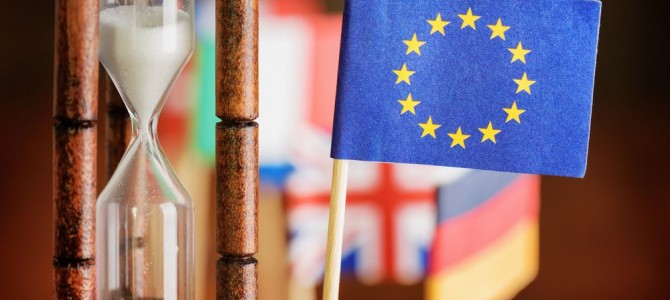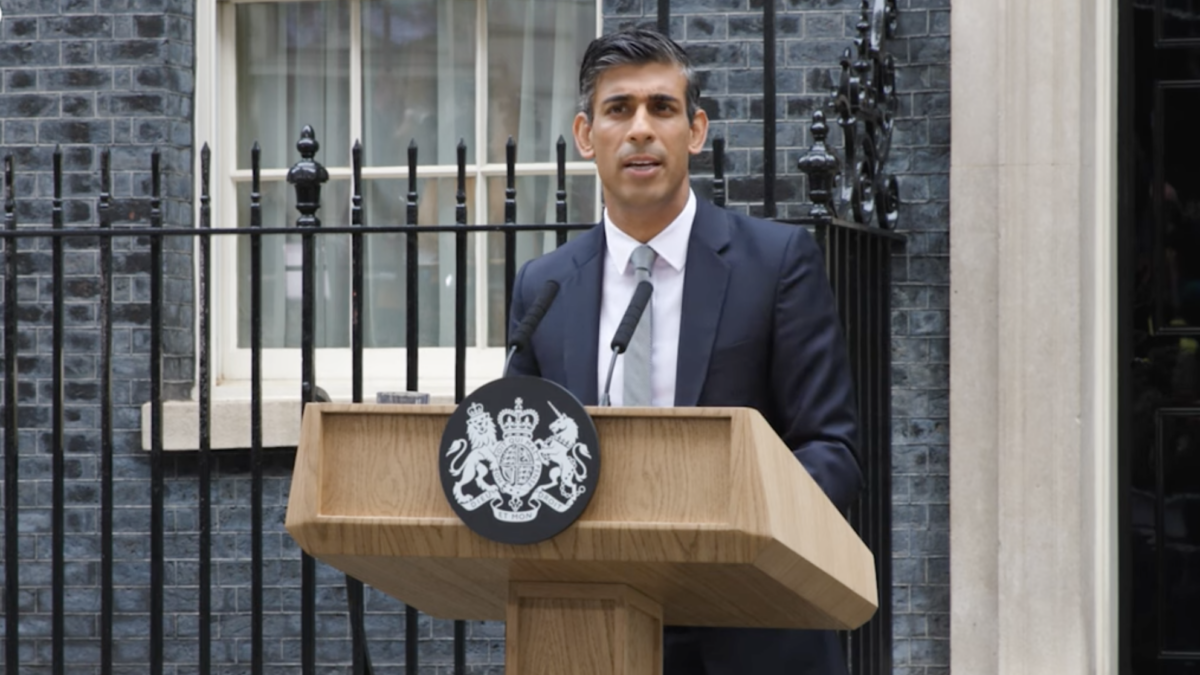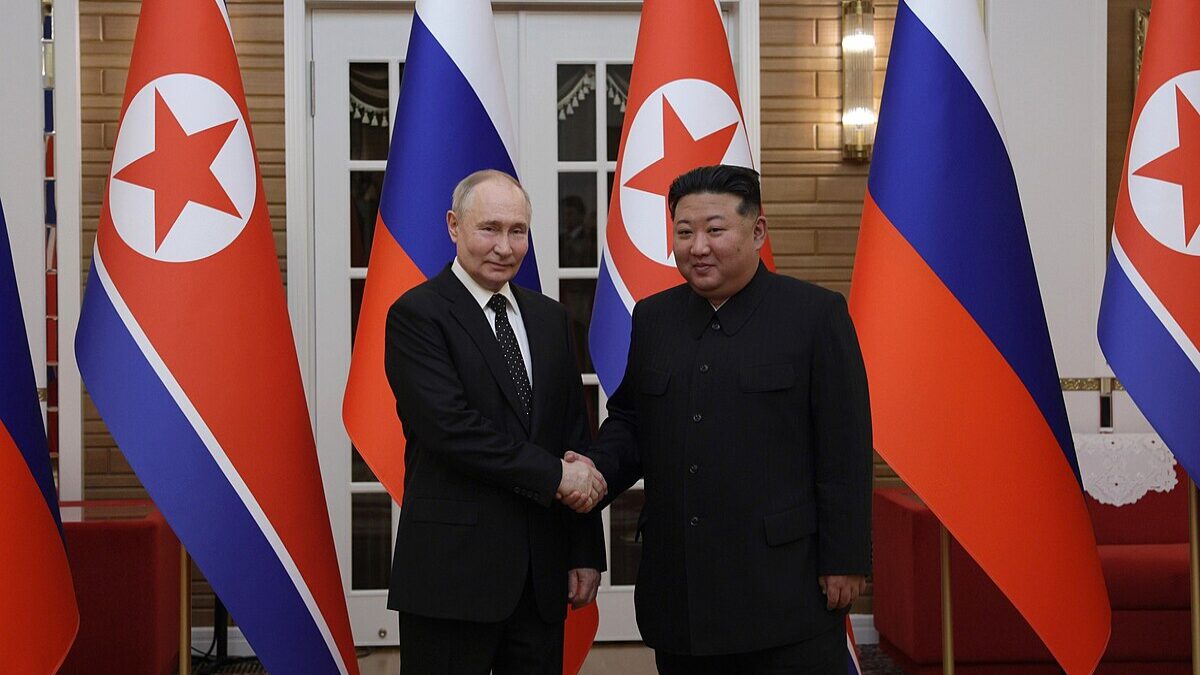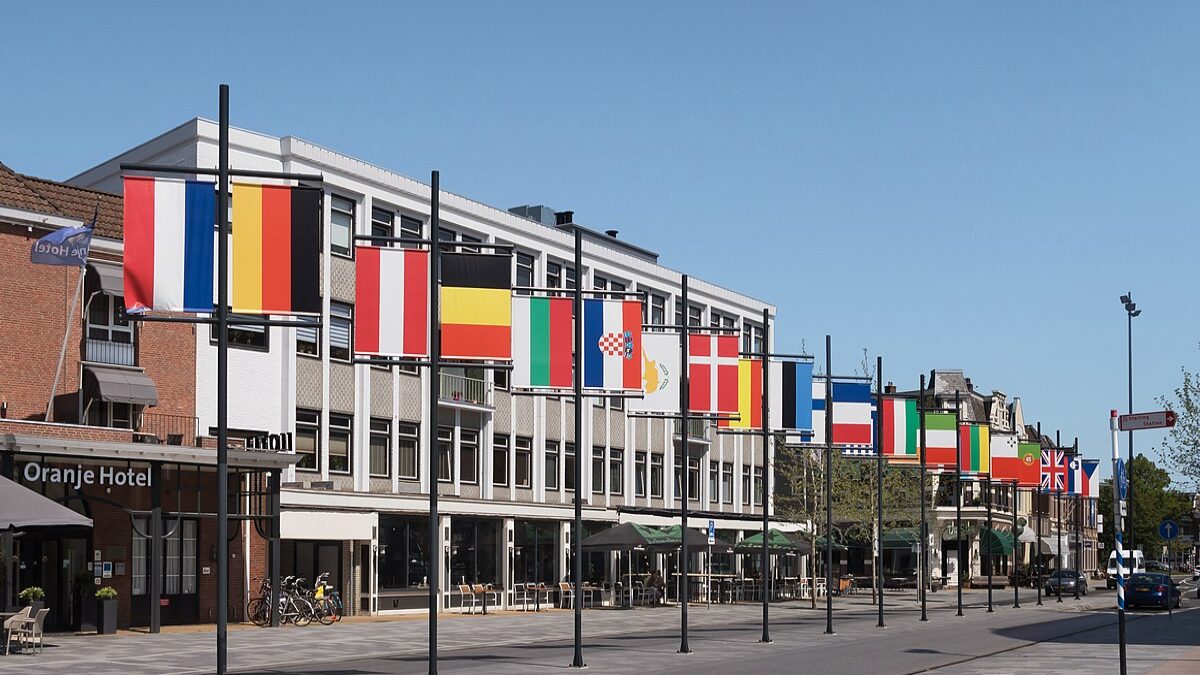In a historic referendum last Thursday, the British people voted by a margin of 52-48 to leave the European Union, despite pleas by President Obama, Hillary Clinton, and leading economists saying it would be disastrous.
This is part of a process unfolding across the Western world in which the voting public is rejecting the arguments of the so-called experts, and instead embracing “old” concepts such as national pride, economic nationalism, and local control.
Although this has been a long time coming, the straw that broke the camel’s back this time was the chaos and disorder in Syria and the resultant flow of refugees into Europe, which to many Europeans happened too quickly, and over which they felt they had no control.
Indeed, not only Europe but in America similar sentiments are at play, in which people feel globalization, immigration, and “free” trade are being pushed at them in a manner and speed they are not comfortable with, sometimes with adverse consequences different than what the experts promised. Donald Trump has embraced these concerns with laser focus and forceful consistency, much to the chagrin and bafflement of the experts.
Experts Don’t Live With or Respect Us
What’s driving this schism between the people and the experts? I argue two reasons.
First, experts in London, Berlin, and DC, and at Harvard University and The New York Times, are too far separated from the average people in their respective nations to understand their hearts, minds, and concerns for the future. Having recently graduated from Harvard myself, one of the most commonly heard refrains from classmates and faculty was “I don’t know a single person voting for Trump.” Since I am a Midwesterner at heart and not part of the Ivory Tower, I was glad to provide my peers a view into the mind of “regular” Americans, whether for or against Trump, which was a perspective they weren’t likely to get elsewhere.
Second, experts believe their intellectual caliber, academic training, and influential position makes their opinion worth more than that of the average citizen, whom they see as uneducated, unsophisticated, and not aware of what’s best for them. Thus, they do not believe the concerns of regular people need to be humbly listened to, let alone taken into account and acted upon, when creating policy and setting the national direction.
This is why the experts have so consistently misread recent events in world politics, from the rise of Trump to the stunning Brexit vote to the rise of the Alternative for Deutschland Party in Germany. They simply have no understanding of the things regular people are concerned about, due to lack of exposure to the people, and a feeling that experts don’t need input from non-experts.
Indeed, the response of the experts to recent events has not helped. Their admonitions to the people largely consist of labeling them racist, fascist, bigoted, xenophobic, nativist, Islamophobic, far-right, isolationist, or other pejorative terms. But these rebukes have fallen on ears that are tired of the name-calling and no longer afraid of it.
So what’s the way forward? If experts want to continue to have influence, they’ll need to take a dose of humility and learn how to understand the people deeply and then act on the people’s concerns. Otherwise, the democratic process will begin to replace them with emergent leaders like Trump, Nigel Farage, and Marine Le Pen, all of whose rising popularity shows they are more in tune with the concerns of the people than with the establishment experts.









